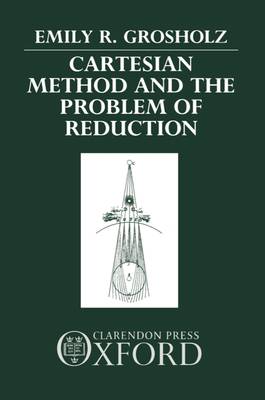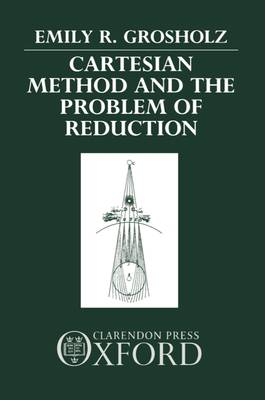
- Afhalen na 1 uur in een winkel met voorraad
- Gratis thuislevering in België vanaf € 30
- Ruim aanbod met 7 miljoen producten
- Afhalen na 1 uur in een winkel met voorraad
- Gratis thuislevering in België vanaf € 30
- Ruim aanbod met 7 miljoen producten
Zoeken
€ 209,95
+ 419 punten
Omschrijving
The Cartesian method, construed as a way of organizing domains of knowledge according to the "order of reasons," was a powerful reductive tool. Descartes made significant strides in mathematics, physics, and metaphysics by relating certain complex items and problems back to more simple elements that served as starting points for his inquiries. But his reductive method also impoverished these domains in important ways, for it tended to restrict geometry to the study of straight line segments, physics to the study of ambiguously constituted bits of matter in motion, and metaphysics to the study of the isolated, incorporeal knower. This book examines in detail the negative and positive impact of Descartes's method on his scientific and philosophical enterprises, exemplified by the Geometry, the Principles, the Treatise of Man, and the Meditations.
Specificaties
Betrokkenen
- Auteur(s):
- Uitgeverij:
Inhoud
- Aantal bladzijden:
- 170
- Taal:
- Engels
Eigenschappen
- Productcode (EAN):
- 9780198242505
- Verschijningsdatum:
- 14/03/1991
- Uitvoering:
- Hardcover
- Formaat:
- Genaaid
- Afmetingen:
- 140 mm x 216 mm
- Gewicht:
- 367 g

Alleen bij Standaard Boekhandel
+ 419 punten op je klantenkaart van Standaard Boekhandel
Beoordelingen
We publiceren alleen reviews die voldoen aan de voorwaarden voor reviews. Bekijk onze voorwaarden voor reviews.











